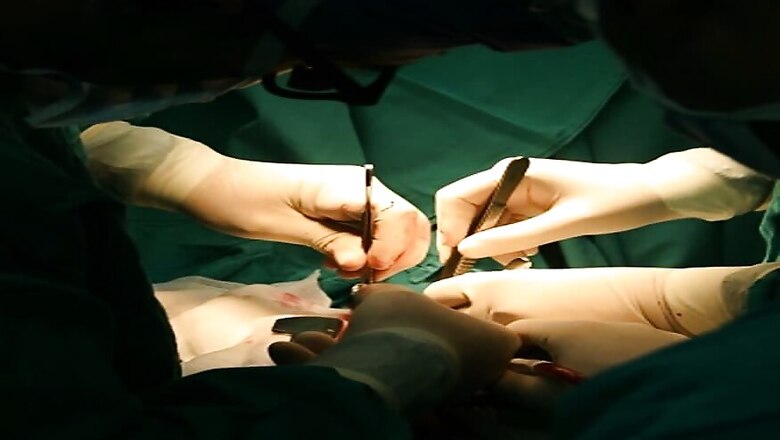
views
School bullies and victims are more likely to want plastic surgery than other teenagers, a new research by the University of Warwick in the UK has found.
According to the research, 11.5 per cent of bullying victims have extreme desire to have cosmetic surgery, as well as 3.4 per cent of bullies and 8.8 per cent of teenagers who both bully and are bullied -- compared with less than one per cent of those who are unaffected by bullying.
The reason? While bullies want cosmetic surgery because they need people to admire them, the victims are affected psychologically by bullying, have low self-esteem and that sparks a desire in them to change their bodies.
Professor Dieter Wolke and his colleagues from in the Department of Psychology and Warwick Medical School also found that girls want to go under the knife more than boys.
Of the sample group, 7.3 per cent of girls had an extreme wish to have plastic surgery, compared with two per cent of boys, the research published in Plastic and Reconstructive Surgery, found.
"Being victimised by peers resulted in poor psychological functioning, which increased desire for cosmetic surgery. For bullies, cosmetic surgery may simply be another tactic to increase social status...to look good and achieve dominance," Wolke and his co-authors said.
Between 2014 and 2015, 15.9 million surgical and minimally invasive procedures were performed in the US. Almost 230,000 of those procedures were performed on 13-19 years olds.
The rates of cosmetic surgery were also increasing in Britain, the research said.
Researchers emphasised that addressing mental health issues could reduce desire for plastic surgery and that cosmetic surgeons should screen patients for history of bullying.
"The desire for cosmetic surgery in bullied adolescents is immediate and long-lasting. Our results suggest that cosmetic surgeons should screen candidates for psychological vulnerability and history of bullying," the team added.
Almost 2,800 adolescents aged 11 to 16 in Britain secondary schools were screened for their involvement in bullying, through self and peer assessment.

















Comments
0 comment